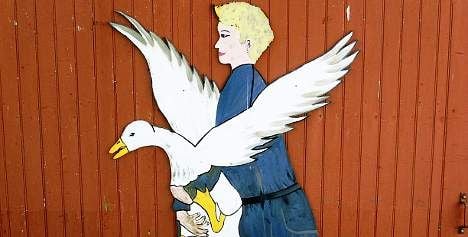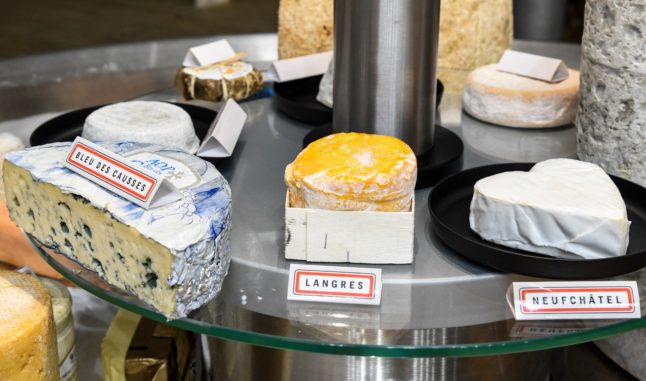“To our great astonishment, the organizers of the fair just let us know that from now on we cannot present or offer tastings of foie gras during the ANUGA fair,“ Alain Labarthe, president of the organization ‘Vive le foie gras!’, told news agency AFP.
The ANUGA fair, considered one of the world’s most important food trade shows and running from October 8 – 12 in Cologne, bowed to pressure from activists who oppose the force-feeding methods used by French producers to fatten up the livers of geese.
Foie gras production is banned in Germany, although consumption of the product is allowed, which led Martin Malvy, socialist politician and president of the Région Midi-Pyrénées, to call the prohibition “hypocritical.”
He has called on the French government to “put an end to this discrimination.“
To that end, Agriculture Minister Bruno Le Maire wrote a letter this week to his German counterpart, Ilse Aigner, protesting the ban and threatening to stay away from the fair’s opening if the decision were not reversed.
“It is important that the French foie gras sector be present at the fair, which is visited by numerous buyers in the pre-holiday period,“ he wrote in the letter. “In any event, if this ban stays in place I cannot imagine taking part in the opening.“
He called on Aigner to intervene, reminding her that France “rigorously follows all common regulations regarding the well-being of the animals“ and that products that follow those rules should be allowed at the fair.
But Brigitte Bardot, former actress and model and now animal rights activist, also penned a note to Aigner, welcoming the ban and calling on her not to succomb to “blackmail“ on the part of Le Maire.
She disputed his view that France follows animal-welfare rules, reminding the German minister that force-feeding cages banned by the EU since the beginning of this year are still used throughout France.



 Please whitelist us to continue reading.
Please whitelist us to continue reading.
Member comments